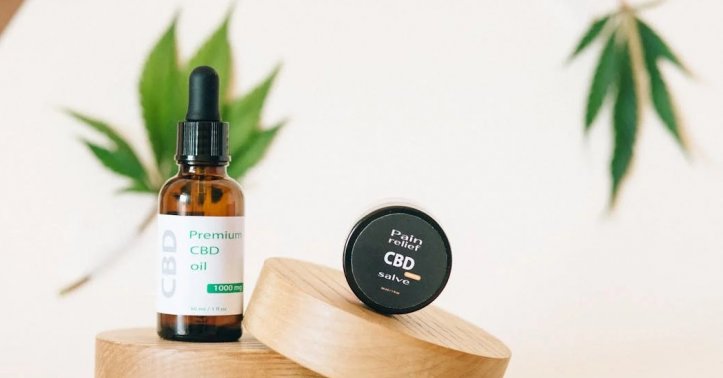
The Role of Plant Extracts in Modern Relaxation Trends
Leisure has become a vital aspect of daily living in today's fast-paced society, impacting wellness practices everywhere. From conventional treatments to new health products, plant extracts promote relaxation and well-being. Apart from their medical benefits, plant substances meet customers' growing demand for environmentally responsible solutions. This shift from synthetic alternatives to centuries-old, holistic methods is significant.
Natural ingredients fueling wellness product creativity
Plant extracts have always been employed in relaxation products, but their imaginative utilization in modern solutions is impressive. Companies like One Farm (onefarm.com) have pioneered integrating these features to create consumer-specific products. Teas, oils, lotions, and pills, which vary in price, are claimed to relieve tension, anxiety, and fatigue without prescription medicines.
Plant extracts are becoming more popular because they provide many benefits without serious side effects. Chamomile, lavender, and valerian roots have long been associated with calm, but ashwagandha and passionflower are expanding botanical well-being. Current research and traditional wisdom are helping companies ensure product efficacy and safety.
The science behind plant extracts' soothing effects
Plant extracts relax the body due to their biochemistry. Lavender contains linalool, which relaxes and promotes sleep. Valerian root contains valeric acid, which interacts with brain GABA receptors to reduce stress.
Scientific research has increasingly supported these extracts, linking traditional knowledge with modern science. Studies show that plant chemicals alter hormones and neurotransmitters, affecting mood and mental health. This scientific basis boosts client confidence. Thus, many pick plant-based calming products.
Adaptogens and stress management
Adaptogens, herbs, and plant extracts that help the body handle stress have garnered attention recently. Rhodiola, holy basil, and ginseng reduce cortisol, the stress hormone. Unlike stimulants, adaptogens gradually restore homeostasis without straining the body.
The predominance of adaptogens in modern leisure activities suggests a cultural shift toward preventive health. Customers desire long-term mental and physical health solutions as well as quick fixes. Due to their flexibility and appeal, adaptogens are used as teas, smoothies, and pills in daily life.
Essential oils and aromatherapy—a timeless trend
Modern wellness trends include aromatherapy, one of the first relaxation methods. Diffusers, massages, and personal care products use eucalyptus, sandalwood, and bergamot essential oils to relax. Inhaling these oils activates the limbic system, which controls memory and emotions.
Aromatherapy is known for its ease of use. A few drops of lavender oil before bed or a refreshing citrus blend during the day provide rapid comfort. This ancient habit perfectly blends innovation and history, making it relevant today.
Sustainability and ethics in the industry
The need for plant extracts and ethical and ecological sources rises. Companies' environmental impact and supply chain transparency are increasingly scrutinized. Ethical harvesting and fair trade are essential for conscious consumers.
Sustainability also emphasizes production and packaging. Brands address these challenges with eco-friendly packaging, carbon-neutral operations, and farm partnerships. This alignment with environmental values builds trust and makes plant-based relaxation products more appealing.
Combining nature and innovation
Plant extracts demonstrate how nature and invention can solve modern challenges in line with modern leisure habits. Plant-based solutions are expected to lead the wellness sector since they naturally reduce stress and improve quality of life. Conclusion Modern research and ancient wisdom are enabling more advanced products. From botanical combinations to AI-driven recommendations, personalized, eco-friendly leisure is here. Plant extracts will remain a wellness staple as clients seek comfort in nature.








